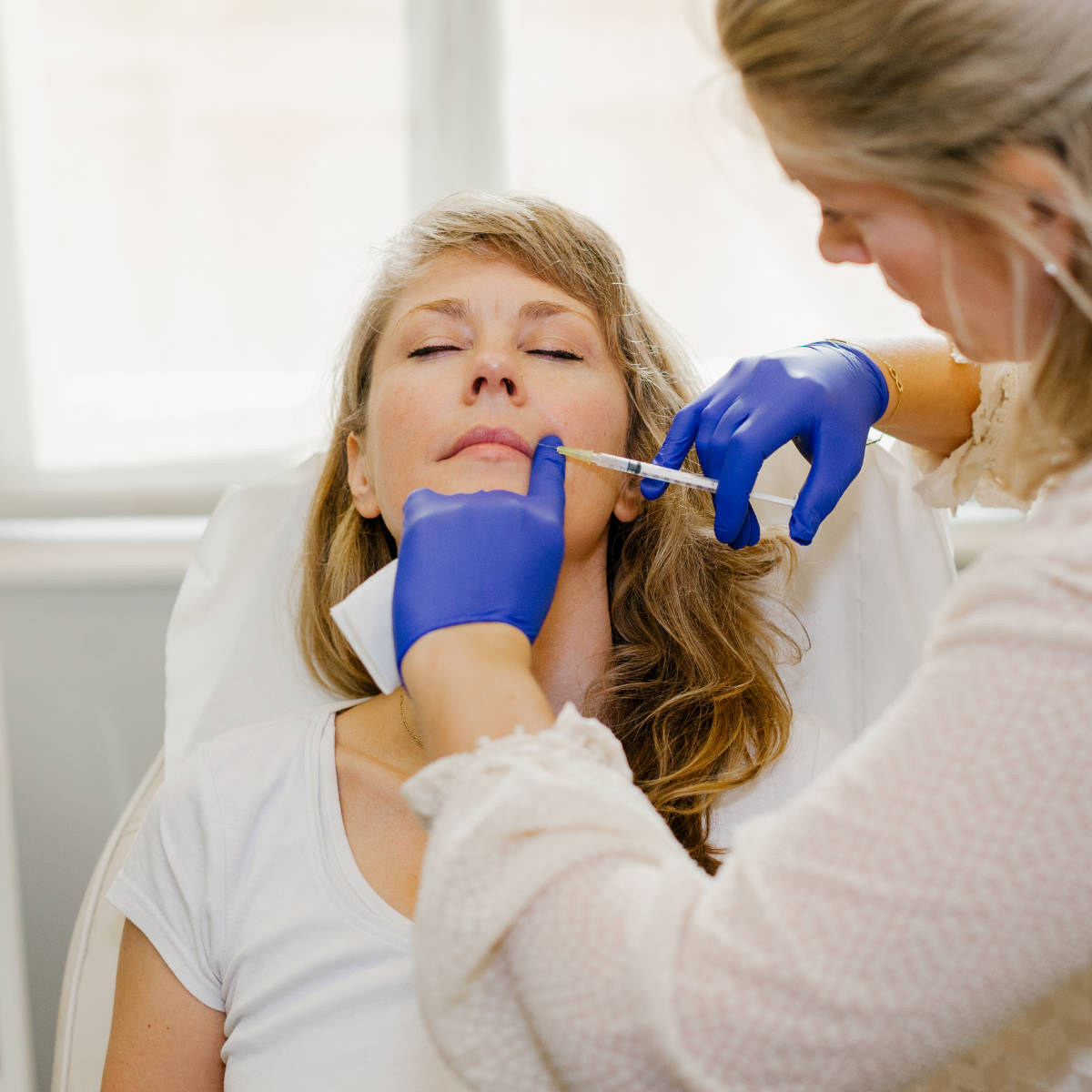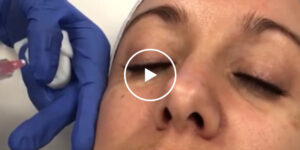The All Party Parliamentary Group on Beauty, Aesthetics and Wellbeing (the APPG), Chaired by Carolyn Harris MP and Judith Cummins MP, published its final report into botox, fillers and similar aesthetic non-surgical cosmetic treatments last month, making 17 recommendations to Government to regulate the treatments. The report is the culmination of a year-long inquiry in response to the huge increase in popularity and prevalence of these treatments, and concerns about the complete absence of regulation or minimum qualifications for those who carry them out.
Co-Chairs of the APPG, Carolyn Harris MP and Judith Cummins MP, said:
“We launched this inquiry as we were deeply concerned that as the number of advanced treatments on the market continues to grow, the regulation remains fragmented, obscure and out of date which puts the public at risk.
“We were also particularly concerned about the advertising and social media promotion of these treatments and how to make sure vulnerable people, such as children and those at risk from mental ill-health, are protected.
“We strongly urge the Government to implement the recommendations in our report and to take action to improve to improve the situation for the benefit of the industry and public safety. Maintaining the status quo is simply not an option.”
Whilst it is recognised that there is much good practice from aesthetic practitioners in the beauty and medical industries, concerns that patients are being put at risk has lead many industry professionals to call for a legal framework of standards. The APPG inquiry investigated practitioner standards and qualifications, the case for a registration of practitioners, as well as ethical and mental health considerations. It also sought to consider the serious issues around advertising and increased problems associated with social media.
Minister for Patient Safety, Nadine Dorries, commented:
“Far too many people have been left to live with the emotional and physical scars caused by their experience of cosmetic surgery, needing prolonged medical treatment after botched cosmetic procedures, particularly fillers.
“Patients must always come first and I am committed to protecting their safety making sure people have the right information they need to make informed decisions about cosmetic surgery and ensuring the highest quality training is accessible to all practitioners.
“This report is an important contribution to our shared understanding of the consequences of this kind of treatment and I look forward to reviewing its recommendations on how we continue to improve people’s safety.
Their recommendations are based on evidence from a wide range of stakeholders, including health bodies, regulatory agencies, trade associations, industry professionals, trainers, practitioners, and consumers themselves. The APPG’s aim is to ensure all practitioners gain the appropriate training and can prove their competence to deliver these aesthetic treatments.
The APPG’s recommendations are summarised as follows:
- Setting national minimum standards for practitioner training;
- Mandate practitioners hold a regulated qualification in line with national standards;
- Legislate to introduce a national licensing framework;
- Make fillers prescription only;
- Develop and mandate psychological pre-screening of customers;
- Extend the ban on U18s receiving botox and fillers to other invasive aesthetic treatments;
- Place advertising restrictions on dermal fillers and other invasive aesthetic treatments;
- Require social media platforms to do more to curb misleading ads and posts promoting these treatments.
Professor David Sines CBE, the chair of JCCP, said:
“I welcome the APPG report, and I would urge the Health Minister, Nadine Dorries MP, to act on the recommendations as quickly as possible. It is increasingly apparent that at this time high-risk procedures, like the injection of toxins and the insertion of dermal fillers should only be administered by healthcare professionals who have the necessary skills, qualifications and competence in these areas.
“In terms of the regulation of products, the JCCP welcomes the APPG’s recommendation that the regulation of dermal fillers must be brought into line with injectable toxins as a Prescription-Only Device”.
Minister for Patient Safety, Nadine Dorries, further commented:
“Anyone considering Botox, or fillers, should pause and take the time they need to consider the potential impact of surgery on both their physical and mental health, and take steps to ensure they are using a reputable, safe and qualified practitioner.”
In order to maintain the industry-leading standards our patients have come to expect, Waterhouse Young prioritise recruiting, retaining and developing the very best medically qualified professionals. Furthermore, we have developed our methods over years of experience in the field, and it evolve as new techniques emerge and scientific knowledge expands. For more information on how to choose a safe and reliable aesthetic practitioner, you can see our recommendations here.






